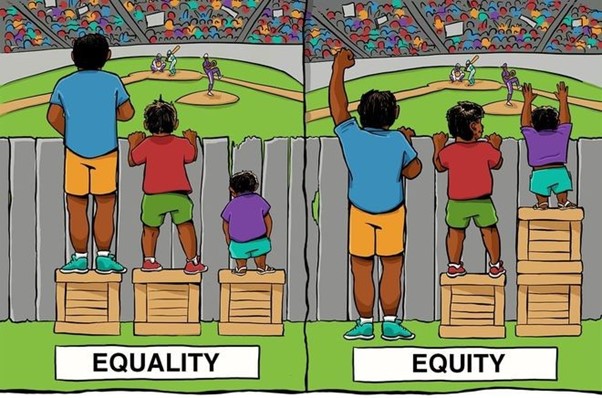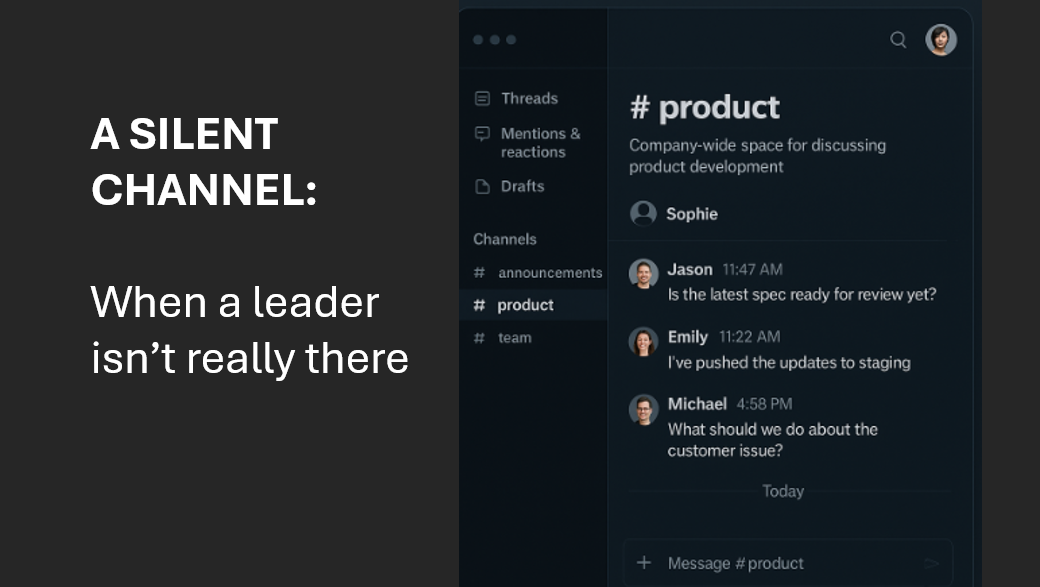In the last month I have read one book and attended one workshop that both genuinely shifted the lenses through which I see the world.
Most people who know me well would suggest hyperbole is not a common linguistic style I indulge in, so you can safely assume that there is little in the way of exaggeration in my opening statement about the impacts these two unrelated experience generated. And the result of such shifts has been wonderful, energising and feels like the start of a new season or putting on a new coat. You’re aware of it happening and your senses seem heightened. Nice.
On the road to road rage?
Taught by my father, a Class 1 police driver, I have been driving since I was 18. Perhaps understandably, I have always been pretty aware as a driver but I noticed in the last couple of years, I was quickly getting antsy when people drove slowly or hesitatingly. Whilst I kept my frustration internalised (with the exception of the odd out-loud “tut!” ) I wanted them to make a decision and hurry up! I wanted to control them and the time they were, in my view, using (ok, wasting) wholly unnecessarily.
This and many other related human behaviours are explored in the mind-bending (at least in my case!) Four Thousand Weeks, by Oliver Burkeman. This wonderful book explores our relationship with time and especially, our wholly unrealistic drive to control time, use it as if it is a resource we can spend and, importantly, face up to the very real limitations of our influence. I was shifted and prompted to change.
The results for me? Calmer. Liberated from trying to achieve the impossible.
For my driving, specifically, I now take on a journey with a time I want to arrive, accepting it will take as long as it takes.
More generally, I have internalised that getting things done quickly, so that I can tick them off a to-do list, in reality gets me no closer to ‘getting it all done’ and, indeed, may well be making things worse! Four Thousand Weeks is well worth a read if you feel a bit overwhelmed at times by the volume of stuff that needs to get done.
NOTE: It would be easy to conclude the book is nihilistic and, occasionally, I admit to feeling fleetingly a bit hopeless at points, but that is to misunderstand the central message. Burkeman encourages recognising your limitations of influence and control over things which you have no sovereignty and exhorts his readers to double-down on the areas where you want and can bring about meaningful change.
Equality or Equity?
In the early 2000s my parents, brother and I went into business together. Some brilliant times. Lots of learning too. As three former teachers and, as you now know, a former police officer. Quite a combination! And it wasn’t always easy.
Dad and I share relatively easy-going personalities and the closest we have ever come to a disagreement (outside of a teenage strop or two I may have thrown) was when we were debating how our fledgling business dealt with remuneration. Dad’s view was that equal pay was fair. My view: Sometimes equal is actually unfair.
I share this recollection because during a brilliant 90-minute DEIB workshop run for Exigence by Ashana Crichton I was prompted to revisit my previously held perspective, whilst our group was spending some time exploring the difference between equality and equity. I was prompted to reconsider my whole stance on concepts of fair, equal and equitable.
Results for me? I now find myself rolling situations over in my head to think about how I might be sharing resources in ways that seem ‘fair’ rather than promoting ‘equity’. I have also come away even more certain that I have more unconscious biases than, as a card-carrying coach, I would be delighted to admit to. Wonderful session and shift-inducing concepts.
The graphic below was shared by Ashana in the session. It generated a lot of fascinating reflection and debate. It is an adaptation of the original graphic created by Craig Froehle (2012.)

Interaction Institute for Social Change | Artist: Angus Maguire
This being a human is tricky but shifts in perspectives can certainly help navigate futures with fresh eyes and energising new vistas which open up, meaning you’re on your way to growth. Cool.
When you want to shift perspectives – at an individual, team or organisation level, we can help you with that. Just contact us info@exigence.co We’d be delighted to help if we can.





